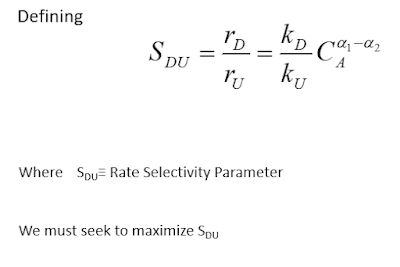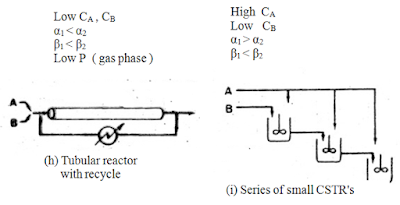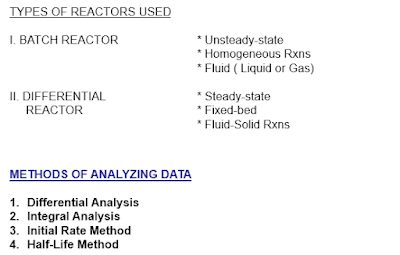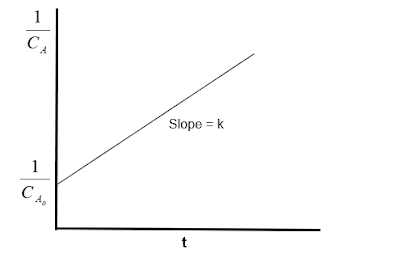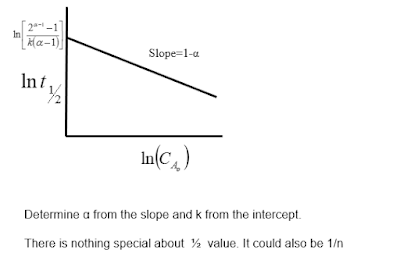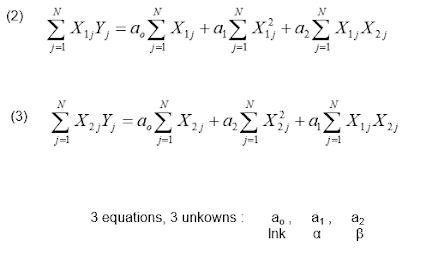Thursday, 30 November 2023
Friday, 17 November 2023
Thursday, 9 November 2023
Classification of Reactions
Classification based on Reactant and Products
Homogeneous Reaction - These are reactions that occur in only one phase whether it be gas, liquid or solid. Examples include the combination of common household gas and oxygen to produce a flame, the reactions between aqueous solutions of acids and bases.
Heterogeneous Reaction - These are reactions that require the presence of at least two phase in order to proceed. It doesn't matter if the reaction occurs in one, two, or more phases at the interface, or whether the reactants and products are distributed among the phases or contained in only one phase. The only important factor is that at least two phases are present for the reaction to proceed.
Classification based on Presence of Catalyst
Catalytic Reaction - In this reactions, a catalyst is used to accelerate the rate by which a specific chemical reaction proceeds. The catalyst provides an alternative, lower energy pathway for the reaction.
The catalyst interacts with a reactant and forms an intermediate/transient compound which after it forms, breaks apart leaving the original catalyst species unaltered.
The catalyst is not affected by the reaction as far as the chemical structure or mass at reaction completion.
Non-Catalytic Reaction - These are chemical reactions in which a catalyst is not used. Thus for these reactions the reaction rate does not increase by any external influence. Since catalysts reduce the energy required for a reaction to occur (activation energy), non-catalytic reactions require more energy than catalytic reactions for the reaction to occur.
Classification of Chemical Reactions Useful in Reactor Design
Subscribe to:
Comments (Atom)
Maxwell Equation Solved Example
Example Show that: Solution This example uses the Maxwell Relations Table from the previous blog entry. You can read it here Lets combine ...

-
Fluid mechanics equations helps to predict the behavior of fluids in various flow situations. A fluid can be defined as a substance that de...
-
Let us determine the pressure at any point in a fluid a rest. For this, let us consider a wedge-shaped particle that is exposed on all sides...
-
1. Vapour Power Cycles Power cycle is a process where devices are used to continuously produce power. A typical vapor power cycle is the st...




